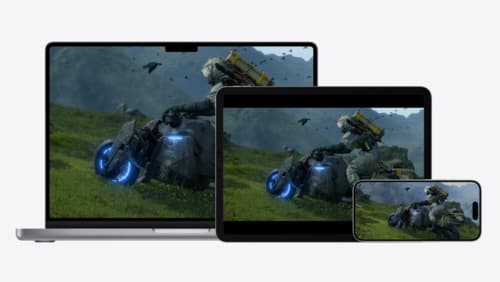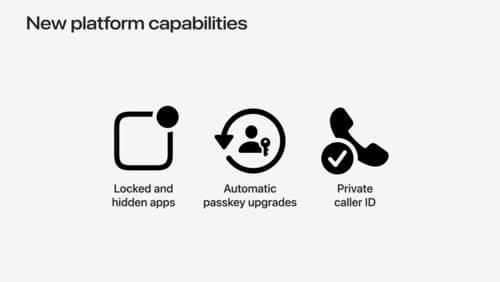Where's the most obvious technical cliff that the macOS subsystem now faces?
Asked on 2024-07-30
1 search
The most obvious technical cliff that the macOS subsystem now faces is related to the rapid advancements in Apple silicon and Metal, particularly in the context of gaming. The integration of these technologies is creating a unified gaming platform that spans across various Apple devices, including Macs, iPads, and iPhones. This shift requires developers to adapt their games to leverage the new hardware and software capabilities, which can be a significant technical challenge.
For more details, you can refer to the Platforms State of the Union session.

Port advanced games to Apple platforms
Discover how simple it can be to reach players on Apple platforms worldwide. We’ll show you how to evaluate your Windows executable on Apple silicon, start your game port with code samples, convert your shader code to Metal, and bring your game to Mac, iPhone, and iPad. Explore enhanced Metal tools that understand HLSL shaders to validate, debug, and profile your ported shaders on Metal.

Platforms State of the Union
Discover the newest advancements on Apple platforms.

What’s new in privacy
At Apple, we believe privacy is a fundamental human right. Learn about new and improved permission flows and other features that manage data in a privacy-preserving way, so that you can focus on creating great app experiences.
